People

Professor John Thangarajah is the current Associate Dean (Head) of Artificial Intelligence at RMIT University, Melbourne, Australia. His interests are in Autonomous Multi Agent Systems (how do we build and construct Intelligent Systems), Agent Reasoning (how can programs behave in smart ways), Intelligent Conversation Systems (how can systems interact intelligently satisfying a user’s information needs), Agent Testing (providing assurance that the systems work) and in Intelligent Games (how can intelligent game masters be introduced into role playing games). He collaborates with industry partners and researchers both local and international and have managed various aspects of research projects and product development.
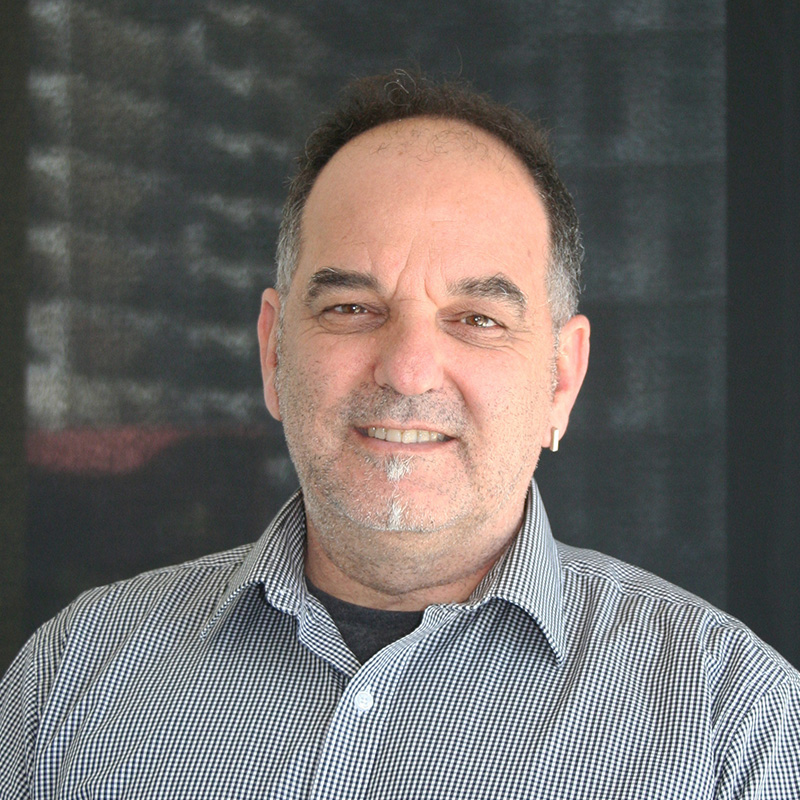
Professor Lawrence Cavedon is Associate Dean of Computer Science and IT in the School of Science. His research focuses on impact and collaboration with industry; he has worked with partners such as NASA, Bosch Corp, Volkswagen, SEEK and IBM Research, as well as hospitals and health organisations. His research expertise includes artificial intelligence, human language technology and text mining, with a specific interest in spoken dialogue systems for human-system collaboration.

Professor James Harland has expertise in automated reasoning, intelligent agents and interactive narratives. He has worked on the development of intelligent behaviour via goal-based reasoning, the use of intelligent agents in narrative structures and methods for automated proof search. He is also the Director of the Virtual Experiences Laboratory which houses the School’s Baxter and MiR robots.
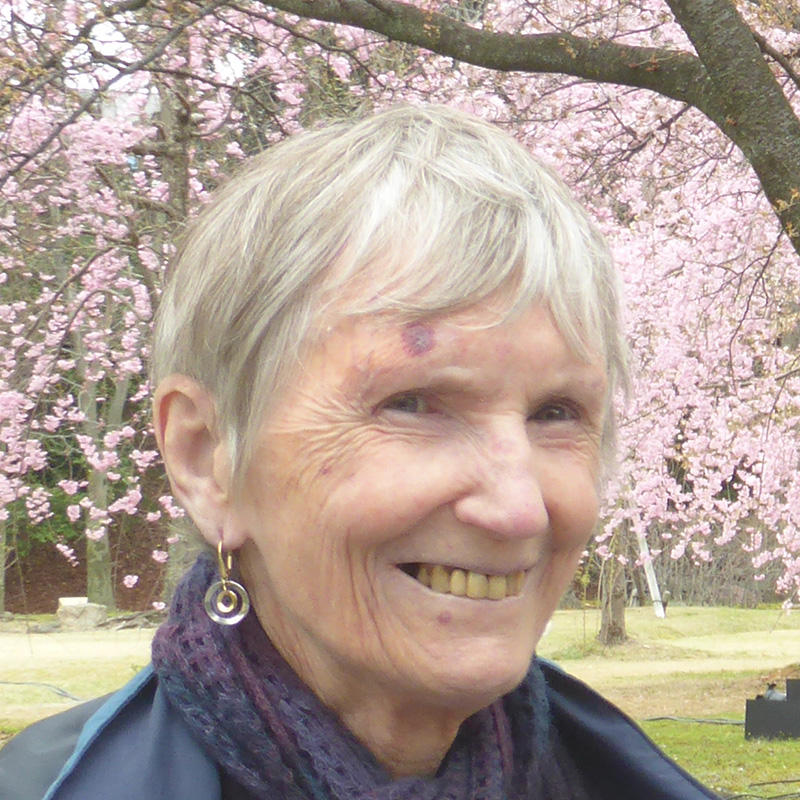
Lin Padgham is a Professor of Artificial Intelligence with over 25 years experience in various aspects of knowledge representation, commonsense reasoning, autonomous agents and agent based simulation. She also draws on her earlier career and training in psychology. She has had many ARC Discovery and Linkage grants, and is currently particularly interested in assisting in the development of systems which meet the needs of end users. Her current interests focus primarily on agent based simulation in the emergency management domain.
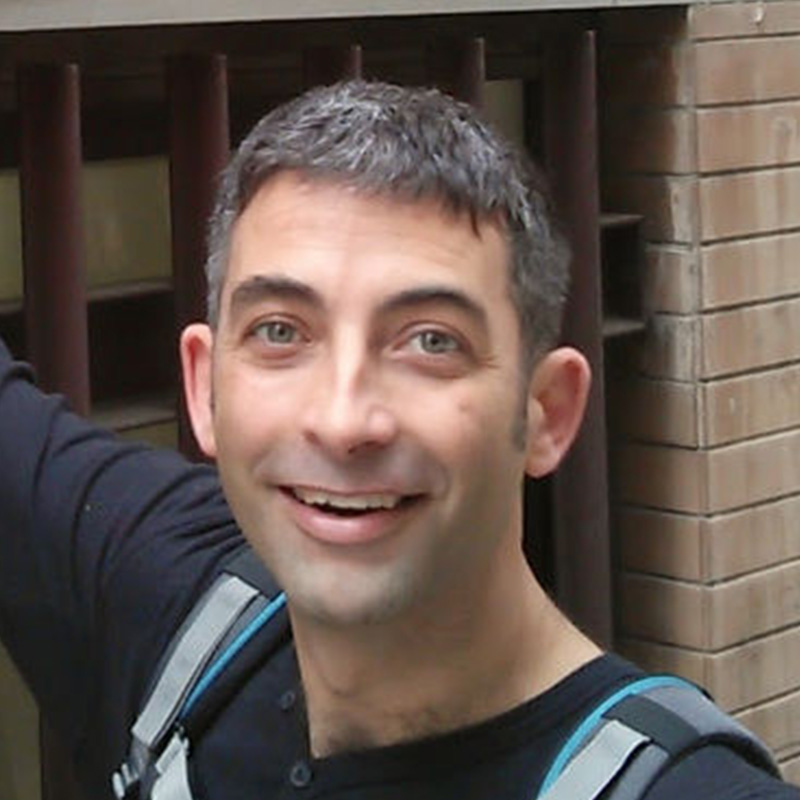
Sebastian Sardina is a Professor at RMIT University. His research focuses on obtaining models and techniques for intelligent control in complex and dynamic environments, like smart houses or manufacturing plants. His contributions span across different areas of AI and CS, including automated planning, reasoning about action and change, agent-oriented programming, intention recognition, and business processes. He is also interested and has experience in the teaching of Algorithmic Thinking and Computer Science to children and youth in schools and the community.

Vic Ciesielski received his PhD from Rutgers University, NJ. He is currently Associate Professor in the School of Science. His research interests include genetic programming, data mining, evolutionary computer vision, deep learning and evolutionary art. Vic has provided the scientific direction for over 20 industrial projects of various sizes which have involved the application of artificial intelligence techniques to industrial problems. These include an insurance underwriting system based on expert system technology and, an obstacle avoidance system for autonomous mining vehicles operating in tunnels which uses machine learning and computer vision techniques. Most recently he is responsible for the data mining behind the ANZ realas.com.au house price prediction app.
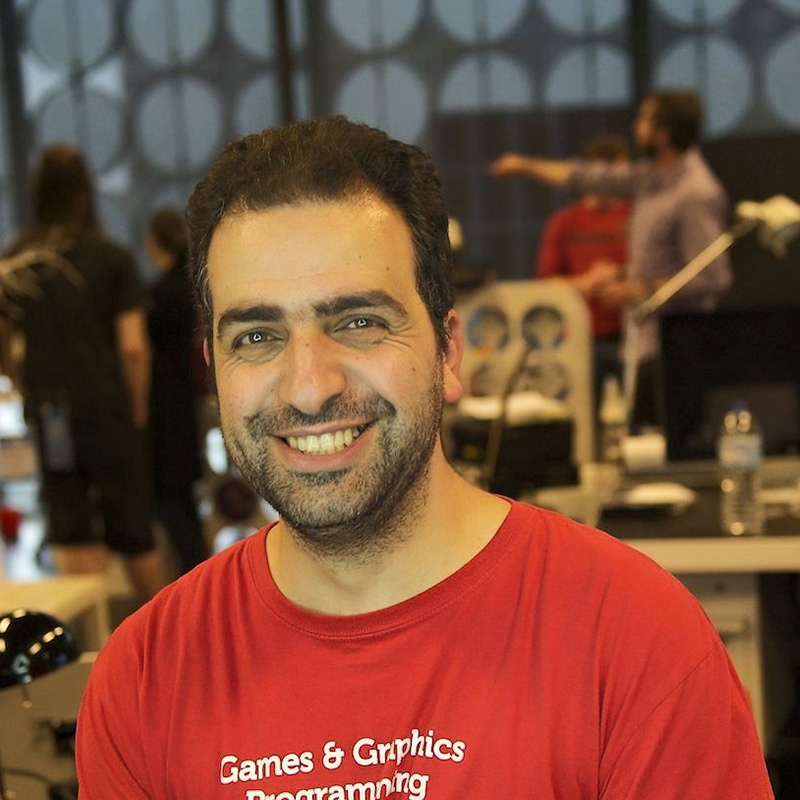
Fabio Zambetta is an Associate Professor in AI at RMIT University, and a Discipline Leader in the Computer Science & Software Engineering discipline. His research interests revolve around AI in computer games, machine learning and virtual/augmented/mixed reality.
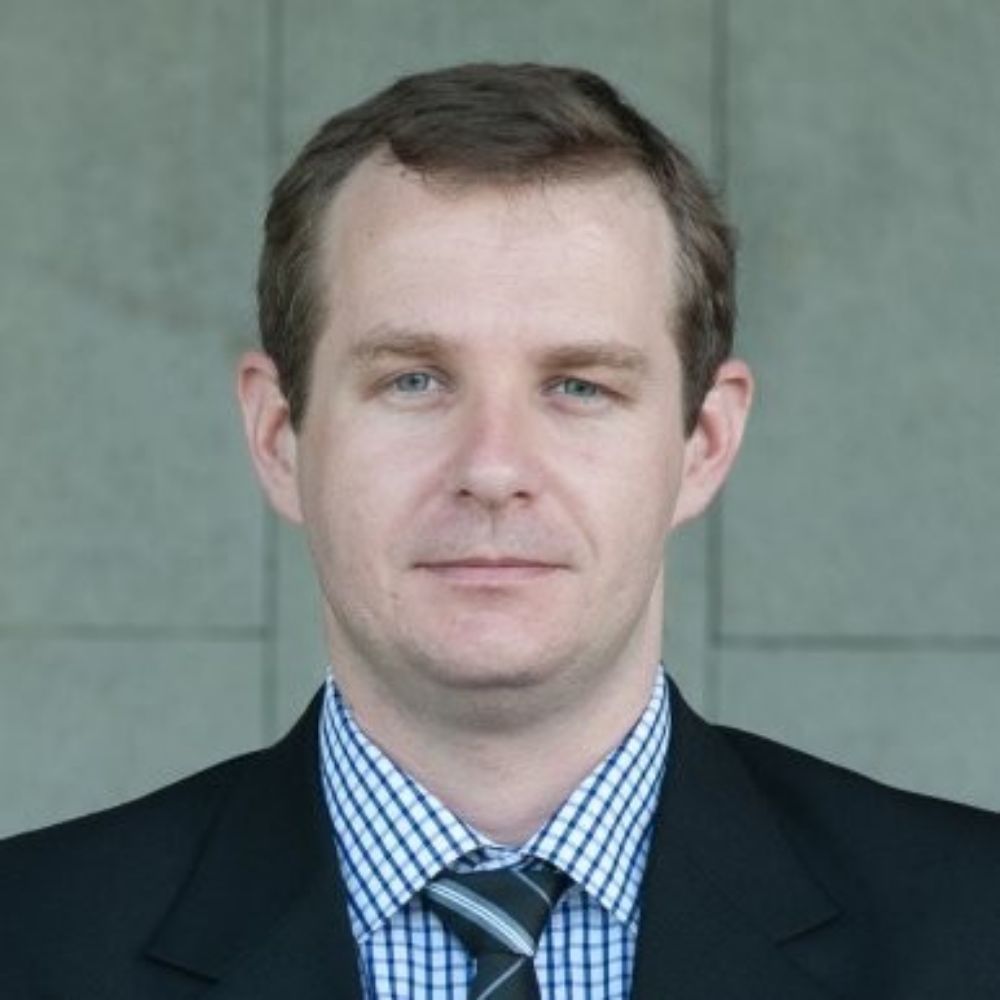
Edouard is a Senior Lecturer in the School of Computing Technologies at RMIT University. His research interest lies around Multi-Agent System Modelling and Simulation. He is especially interested in developing modelling methodologies that put domain experts and other stakeholders at the centre of this process (see the KIMONO approach). So far he has focused his research on natural and social systems modelling and simulation with application in epidemiology (avian influenza and dengue fever) and humans’ behaviour (energy consumption at home and individual thermal preferences).

Jeffrey is a Senior Lecturer at RMIT University. His research interests lie in machine learning, social network analysis, recommendation and data driven optimisation and decision-making. He publishes regularly in the top conferences and journals in these areas, including winning a best paper aware at the ACM International Conference on Web Science 2011. He has worked with industry and the non-profit sector in data and machine learning driven, optimisation and decision-making applications including retail and marketing, sustainability, social media, energy and manufacturing.
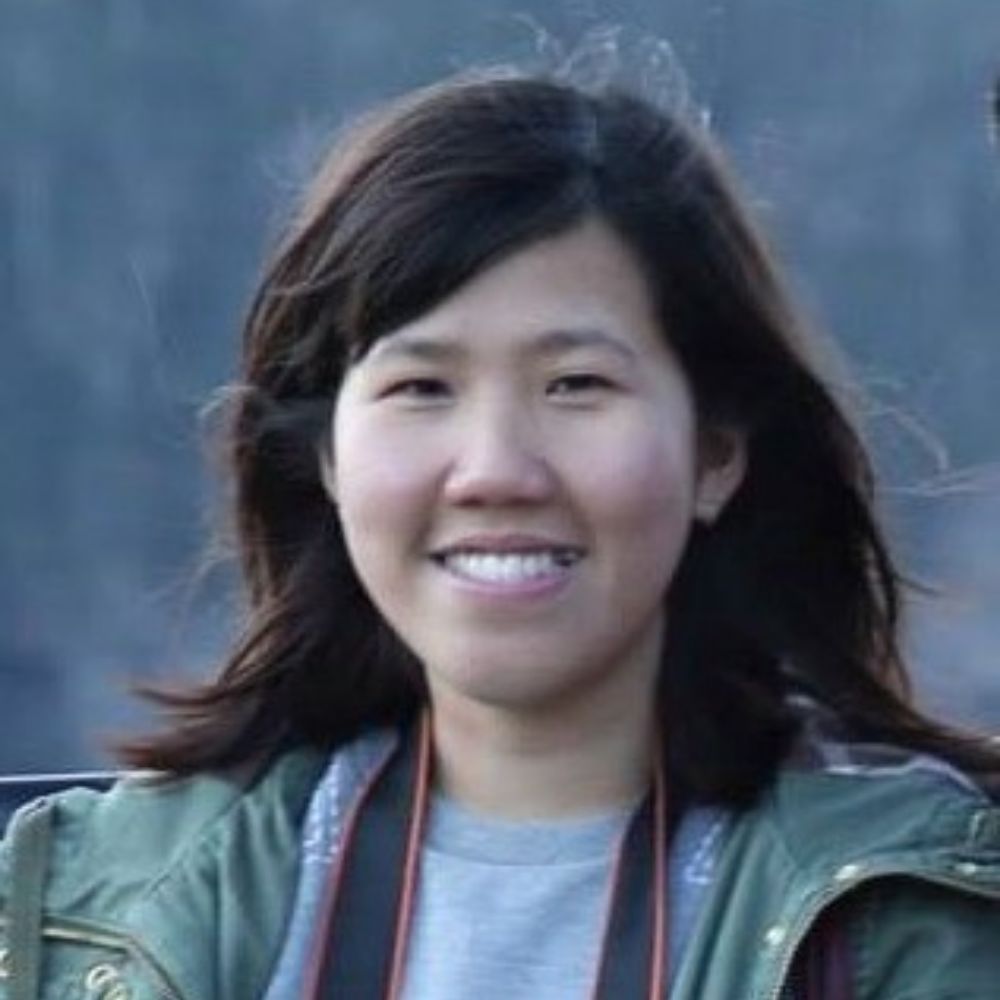
Huong Ha is a Lecturer at the School of Computing Technologies, RMIT University. Her research is in the areas of Artificial Intelligence and Software Engineering, particularly automated machine learning, trustworthy machine learning, and data-driven software engineering. She regularly publishes her works in the top research venues of these areas including NeurIPS, AAAI, AISTATS, and ICSE. Besides, she also has previous working experience in industry as a data scientist and a product development engineer. Huong got her PhD degree from The University of Newcastle, Australia.
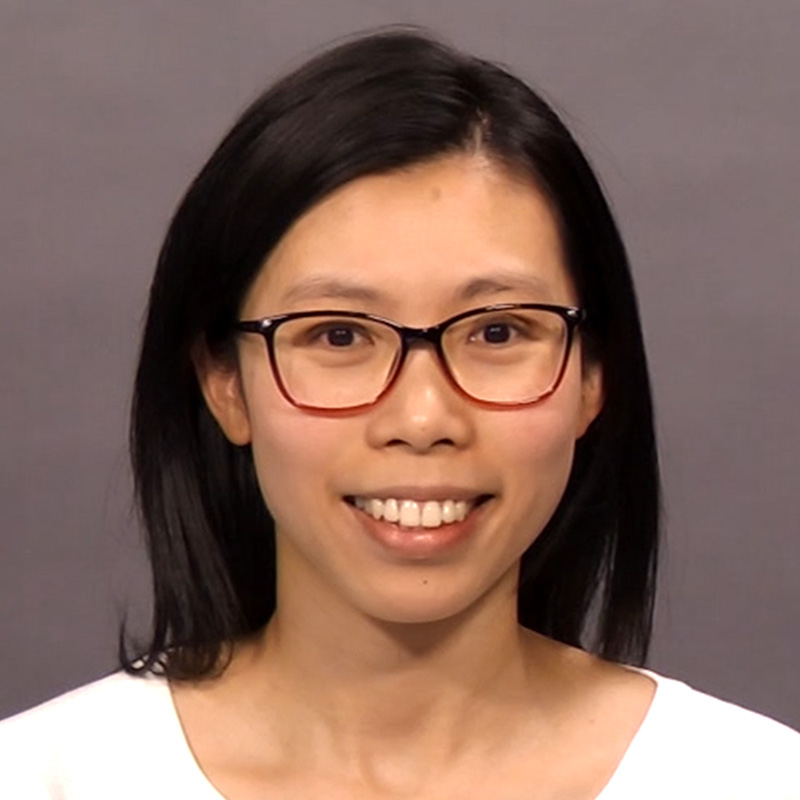
Minyi Li is a Senior Lecturer in the School of Science/Computer Science and Software Engineering at RMIT University.
Her research interests lies in the general area of AI, specifically focuses on preference representation, reasoning, and learning, computational social choice, collective decision-making, and multi-agent systems. She is particularly interested in the application areas of recommendation systems, smart energy, traffic management and optimisation, etc.
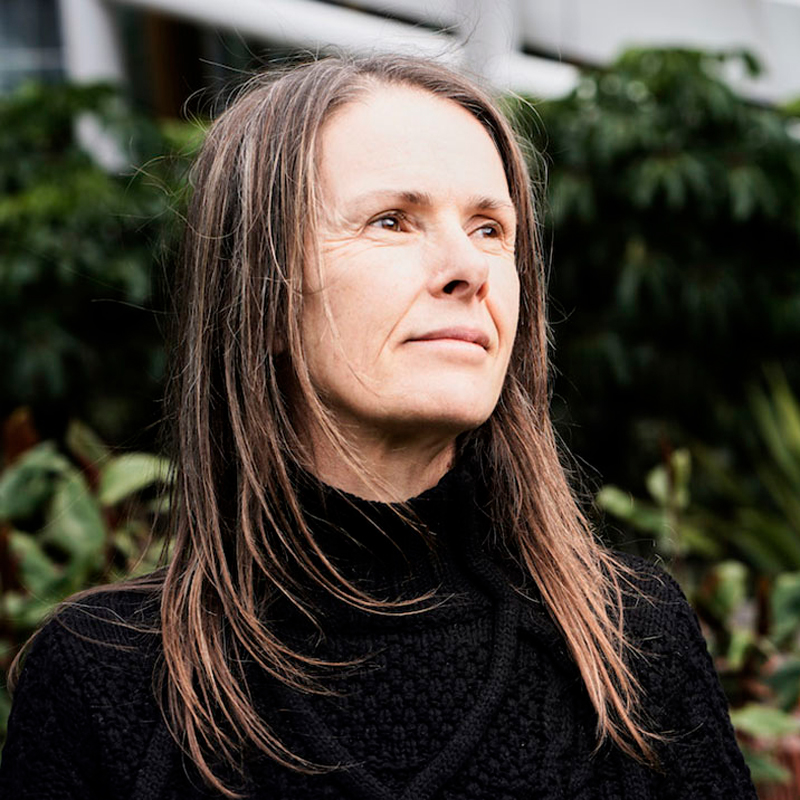
Julie Porteous moved from the UK to join RMIT University as a Senior Lecturer in 2018. Her research interests are in Artificial Intelligence Planning, Automated Reasoning and the application of these technologies to Interactive Entertainment and Games. Her early work included the introduction of Landmarks which has had notable impact in the field. In 2013, along with her co-authors, this was recognised with the ICAPS 2013 Influential Paper Award. More recently her work in the development of Interactive Entertainment Systems has resulted in award winning research prototypes such as the NetworkING System at ICAPS 2013.

Sebastian Rodriguez is a Senior Lecturer at RMIT University (Melbourne, Australia). Previously, he was a Professor at Universidad Tecnológica Nacional (Tucuman, Argentina). At UTN, he founded the Advanced Information Technology Research Group. His research interests include Agent Oriented Software Engineering, Complex Systems Modelling and Simulation, Holonic Multiagent Systems and Agent Development Platforms and Languages.

Dr Timothy Wiley's primary research areas are Artificial Intelligence, Machine Learning and Robotics. His primary areas of focus are (1) using autonomous robots as a platform for efficient machine learning, (2) investigating explainable artificial intelligence with applications in social robotics and human-robot interaction. Timothy is a Lecturer in Machine Learning and Robotics at RMIT University. Timothy received his PhD from UNSW Sydney, in data efficient online methods for learning autonomous robot behaviours.
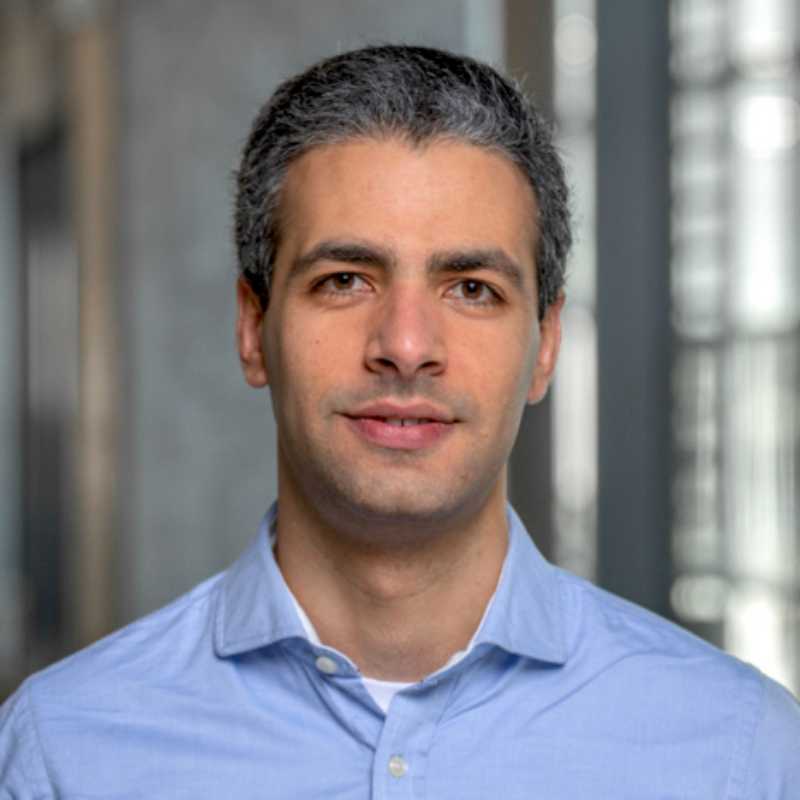
Dr Haytham Fayek is with the School of Computing Technologies at RMIT, Melbourne, Australia. Prior to RMIT, he was a Postdoctoral Research Scientist at Facebook Research, Seattle, WA, USA. Haytham’s research interests are broadly in artificial intelligence, machine learning, deep learning, and machine perception. He is primarily interested in learning systems that systematically generalise from limited labelled data. Haytham’s work regularly features in leading venues and has been recognised with multiple research awards. Dr Fayek holds a BEng (Hons) and an MSc in Electrical and Electronics Engineering and a PhD in Electrical and Computer Engineering.

Ruwan Tennakoon is currently a lecturer in the School of Computing Technologies at RMIT University. His main research interests are computer vision, machine learning and medical image analysis and his works have been published in the top research venues including IEEE-TPAMI, IEEE-TIP, IEEE-TMI, IEEE-TITS. Ruwan has also worked with several local/international partners to solve real-world problems including Ford motor company, IBM Research Australia, St Vincent's hospital and Erasmus Medical Centre in The Netherlands. From 2015 to 2019, Ruwan worked as a Research Fellow at RMIT School of Engineering. He has also worked as a Research Scientist at IBM-Research Australia.
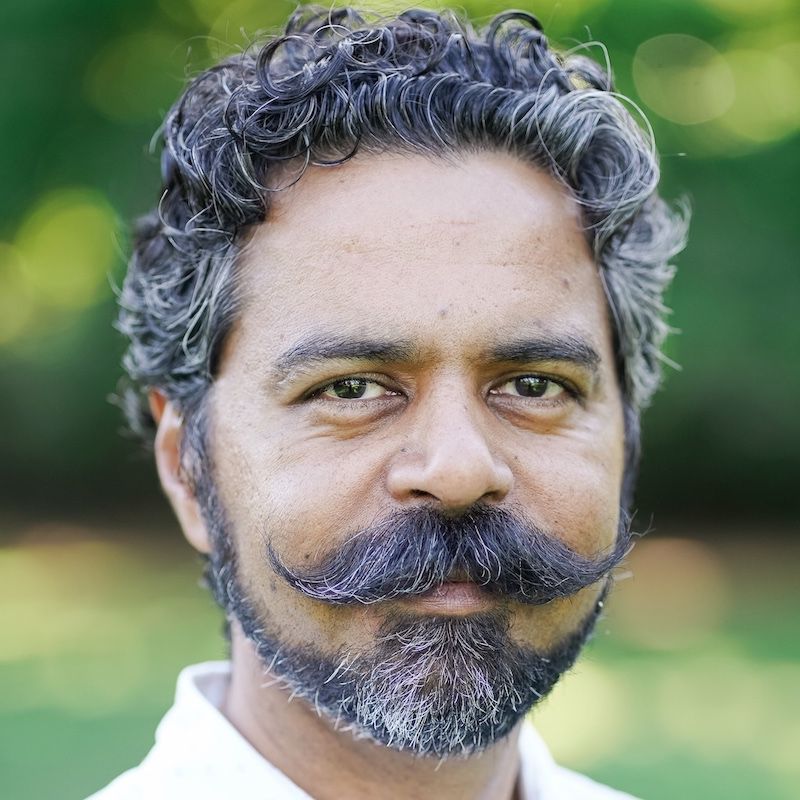
Dr Dhirendra Singh is Principal Research Fellow (Associate Professor) in the AI Discipline of the School of Computing Technologies at RMIT University. He is technical lead on the ongoing CSIRO/RMIT Evacuation Modelling project that is building a national evacuation modelling capability for understanding and assessing risk to communities during natural disasters in Australia, for use in planning, preparedness, and response, by emergency management agencies. Dhirendra has over 20 years of combined experience in academia and industry, with a PhD in Computer Science (Artificial Intelligence) and double bachelor’s degrees in Computer Science and Computer Systems Engineering.
Acknowledgement of Country
RMIT University acknowledges the people of the Woi wurrung and Boon wurrung language groups of the eastern Kulin Nation on whose unceded lands we conduct the business of the University. RMIT University respectfully acknowledges their Ancestors and Elders, past and present. RMIT also acknowledges the Traditional Custodians and their Ancestors of the lands and waters across Australia where we conduct our business - Artwork 'Sentient' by Hollie Johnson, Gunaikurnai and Monero Ngarigo.
Acknowledgement of Country
RMIT University acknowledges the people of the Woi wurrung and Boon wurrung language groups of the eastern Kulin Nation on whose unceded lands we conduct the business of the University. RMIT University respectfully acknowledges their Ancestors and Elders, past and present. RMIT also acknowledges the Traditional Custodians and their Ancestors of the lands and waters across Australia where we conduct our business.